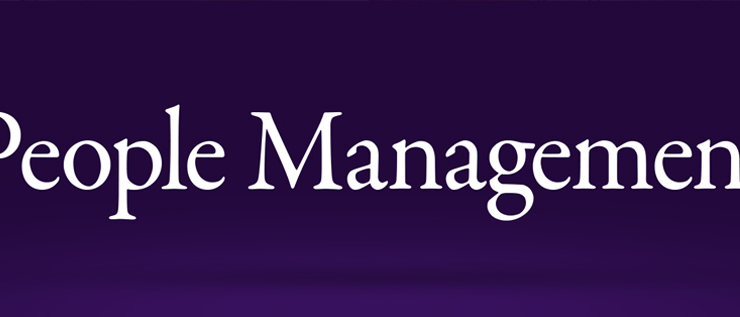In any job, technical skills matter, but they’re just one piece of the puzzle. Employers and recruiters often highlight the importance of soft skills when deciding who to hire. And when it comes to soft skills, people skills are especially important. They’re essential, no matter what industry you’re in or what role you play.
People skills are the bedrock of meaningful professional relationships. By honing your people skills, you can navigate workplace dynamics more successfully, resolve conflicts with greater ease, and contribute to a more cohesive and supportive team culture.
These skills are about more than just being polite or friendly; they involve active listening, empathy, and the ability to understand and respond to the needs and emotions of others.
According to Gemma Bullivant, one critical relational skill that employees need for career success is the ability to manage conflict effectively through transactional analysis, first developed by Eric Berne.
This skill involves recognising and adapting to different ego states—Parent, Adult, and Child—to ensure smooth and constructive communication. Using this approach, employees can transform their approach to conflict resolution. Instead of reacting emotionally (Parent or Child state), they learn to engage with the Adult state, which is rational and balanced, leading to more productive and harmonious interactions.
You can find out more about this in her recent article How to Have More Effective Relationships at Work.
Investing time in developing your people skills pays off in numerous ways. It can enhance your career prospects, boost your job satisfaction, and create a ripple effect of positivity that benefits everyone you work with.
After all, strong relationships are at the heart of any successful business, and by sharpening these skills, you’re not just improving your own career—you’re helping to build a more connected and effective workplace for everyone.
Want to learn more about the top skills that make a great leader? Read the full article on Fast Company here to find more expert insights from business leaders and HR professionals.

